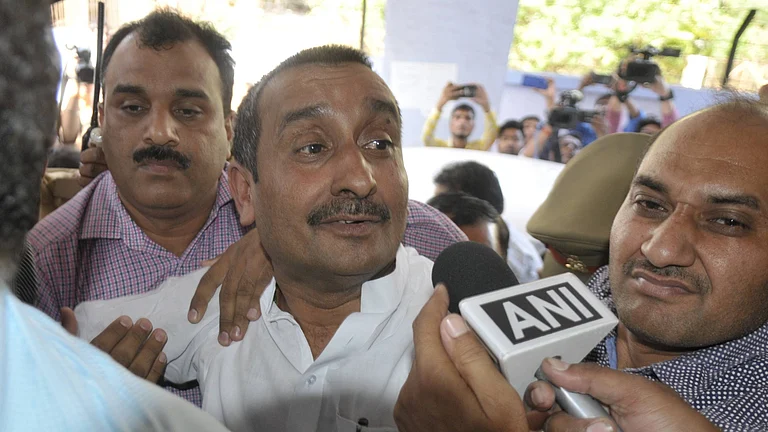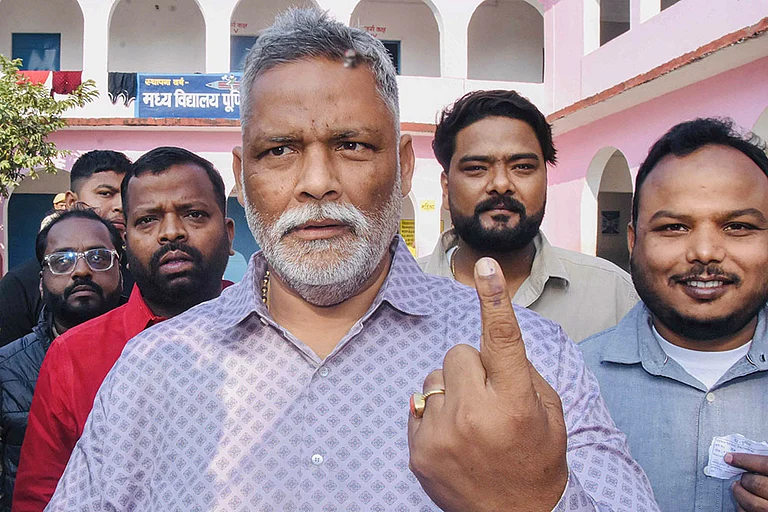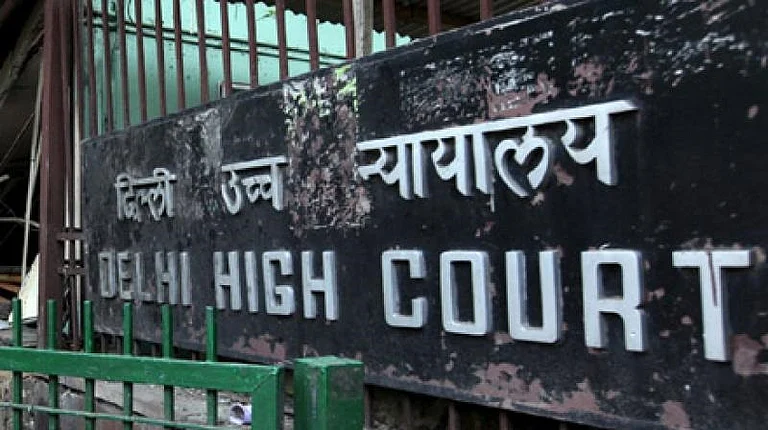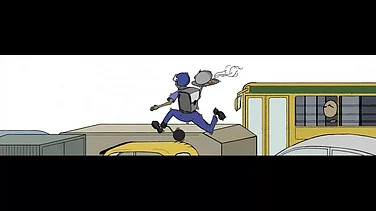Before I ask a certain question, I'm already on my guard, just in case a left hook from one of our rumbustious right-wingers gets to my jawbone. Is India—its legal framework, its civil and uncivil halves of society (we have both in good measure)—the right place for the arts to flourish? Can we make such a claim when we have laws like 295(a) and 153(a) in our penal code? Through these two laws, the Rahu and Ketu of our legal system, you could be jailed for hurting religious sentiments. Everything is grist to this mill—from Rushdie to Sacha Sauda, and rumours of beef to plastic cows. Take a hypothetical case. A doctor could write on the perils of diabetes, and next day Maharashtra’s sugar lobby could file a case against him for hurting its sugary sentiments. The doctor could wake up in the cooler.
Or get down to reality—Indian reality, do remember, has a metaphysical smear to it. Take poor Shaheen Dhada, barely 21 then, whom over-zealous cops arrested for questioning the total shutdown of Mumbai for Bal Thackeray’s funeral in an FB post in 2012. Nothing to do with religion. A friend of hers, Renu Srinivasan, liked the post. She too was whisked away. No one has ever touched the Sena guys for diatribes against south Indians, Muslims or those from UP/ Bihar.
The Catholic church filed a report against rationalist Sanal Edamaruku, and forced him out of India for challenging a report of water dripping from the toe of Christ at Our Lady of Vellankanni church in Mumbai. He correctly attributed the drip to damp walls and defective plumbing in an overhead pipe and proved it in a televised debate, in front of a hostile audience. This miracle-buster is stuck in Finland since 2012. He had earlier survived the chanting of a stupid tantrik who boasted he could kill people with mantras. Is there any point in citing Kalburgi or Dhabolkar?
To come to revered Ram Rahim, a year back the entire Sikh peasantry was up in arms against him, as also against the Akal Takht for pardoning him, because he had dressed up as Guru Gobind Singh. Punjab had a tough job controlling mobs. (There are rumours that he has also dressed up as Lord Vishnu. Now who would know how Vishnu or Shiva dressed? All this comes to us from calendar art and the likes of Ravi Verma.)
Next thing you knew, the Kaithal police flew inspectors to Mumbai to arrest comedian Kiku Sharda for mimicking the baba! He was brought to Haryana, and released on bail. Even as he was travelling to Delhi, the Fatehabad police rearrested him. The feelings of another disciple in that town had been hurt. This judicial comedy must have cost the state a few lakhs.
You could write a slightly explicit love poem and some ascetic sanstha could file a case in Kashmir and another in Nagercoil against you. My name itself could hurt a votary of prohibition. If he was chummy with an inspector, I’d wake up and find nomenclature has turned into an albatross around my neck—Coleridge, please don’t turn in your grave. I hope I could also register a case against the blighter for hurting my (alcoholic) sentiments. It would be fun if we were to stand before the same magistrate as both complainants and accused.
When Siddhartha Kararwal’s The Divine Bovine—a plastic cow floating in air, tied to a balloon—was brought down by the Jaipur police on complaints by hurt-sentiment types, artists were asked if the plastic cow was alive or dead!
We know how it began. Mahashay Rajpal, who wrote Rangeela Rasul, a scandalous book on Prophet Mohammed’s wives and sexual habits, was acquitted in April 1929. There was no law against it till then. Hence, outraging religious feelings through “deliberate and malicious intent” was brought into the law book through 295(a) IPC. Rajpal was stabbed to death by Ilm-ud-din, defended by Jinnah et al, and hanged within six months. Our system would take six years now.
Why must artistic freedom be subordinated to this fake penumbra of ‘hurt’? Why should hurt sentiments turn into a collective? Can’t they be confined to liverish individuals? Why must a phone call from Dinanath Batra lead to a book being pulped? I have a suggestion. Make these sections non-cognisable. Let a case be registered, but not investigated, till a magistrate sanctions it. This way a more knowledgeable person than an SI would apply his mind to the case. Don’t invite the police into your bedrooms (dowry), into your kitchen (beef), art shows (M.F. Husain, plastic cow). Restrict the police to ill-lit streets and dark alleys.
(Keki N. Daruwalla, an IPS officer who served in the RAW, is a poet and short-story writer)






















